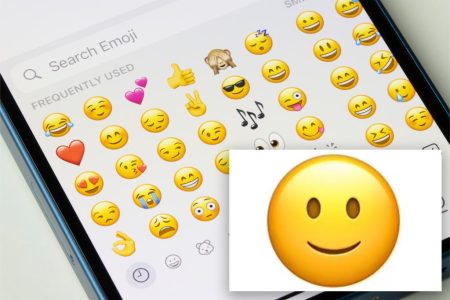The latest trend in cancel culture, known as the “digitine,” is taking the internet by storm as prominent figures are being sentenced by online activists to be “digitally guillotined” for failing to align with various causes. The first victim of the digitine was model/influencer Haley Kalil, who faced backlash for a video in which she lip-synced the infamous line “Let them eat cake” during Israel’s conflict with Hamas. In response to the outrage, Kalil posted a lengthy apology video, but her follower count still dropped as a result of the controversy.
As online activism gains momentum, more influential figures are being targeted for their perceived lack of support for causes like economic inequality and human rights violations. The call to action to block celebrities and content creators is aimed at impacting their income and taking back the platforms that were given to them by their followers. A TikToker named Rae has been leading the charge, urging others to follow suit in blocking influential figures who do not align with their values, starting with Kalil.
The wave of “digitine” has led to a cascade of A-listers being boycotted online for their perceived lack of support for various causes. Celebrities like Selena Gomez, Zendaya, Justin Bieber, the Kardashians, and Taylor Swift have faced backlash for not speaking out on certain issues. Activists like Karen Fragoso have created block lists and called for unity in holding the elite accountable, with a focus on the phrase “eat the rich” to signify anger towards those with wealth and influence.
Associate Professor Paromita Pain from the University of Nevada, Reno, points out that the use of social media for activism is a positive way for people to voice their concerns and keep human rights violations in the public eye. While the impact of the digitine movement, also known as “Operation Blockout,” remains uncertain, Pain acknowledges the power of social media platforms in bringing about positive change. The trend highlights how online activism can be a force for shaping public dialogue and raising awareness of important issues in the digital age.














